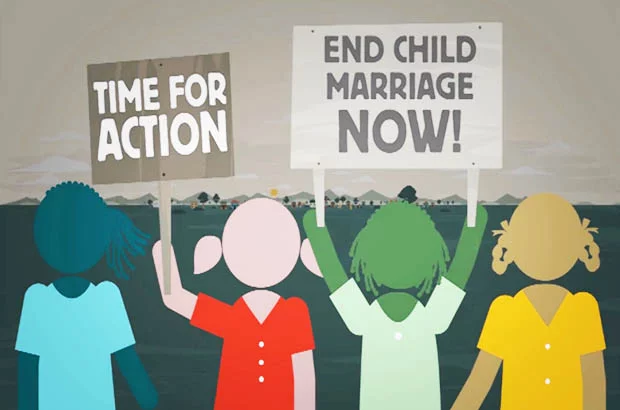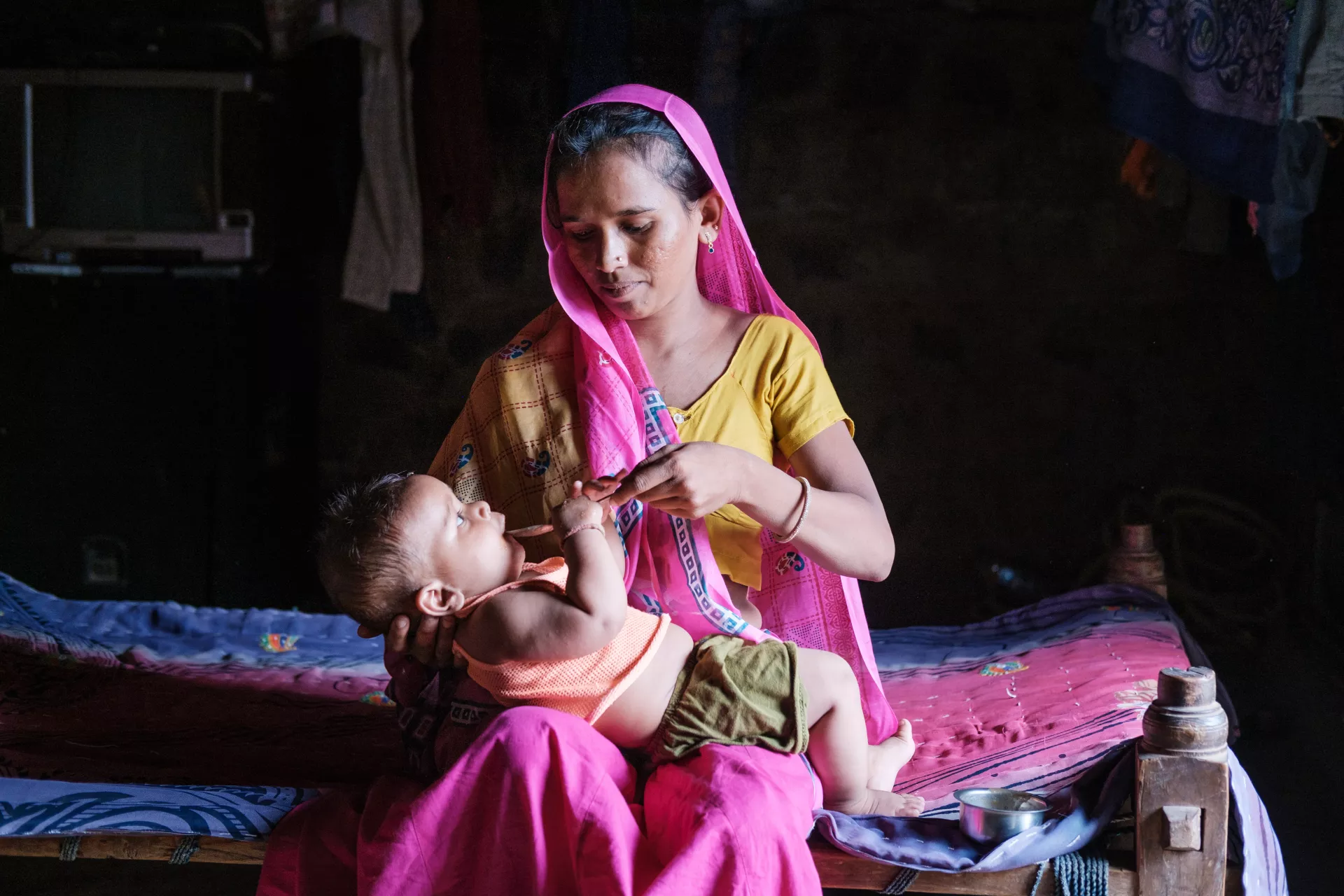PCOS is a hormonal disorder that affects women with symptoms such as irregular cycles, heavy flow, facial hair growth, acne and weight gain among others. It occurs in 8-13 per cent of reproductive-aged women and it is associated with insulin resistance and metabolic disorders.
Polycystic Ovarian Disease (PCOD)
PCOD is a pathology, a state during which the body of a woman does not produce mature eggs, therefore the levels of estrogen and androgen increase. However, in contrast to the case of women suffering from PCOS, women having PCOD may not show such a drastic manifestation of the consequences of systemic insulin resistance.
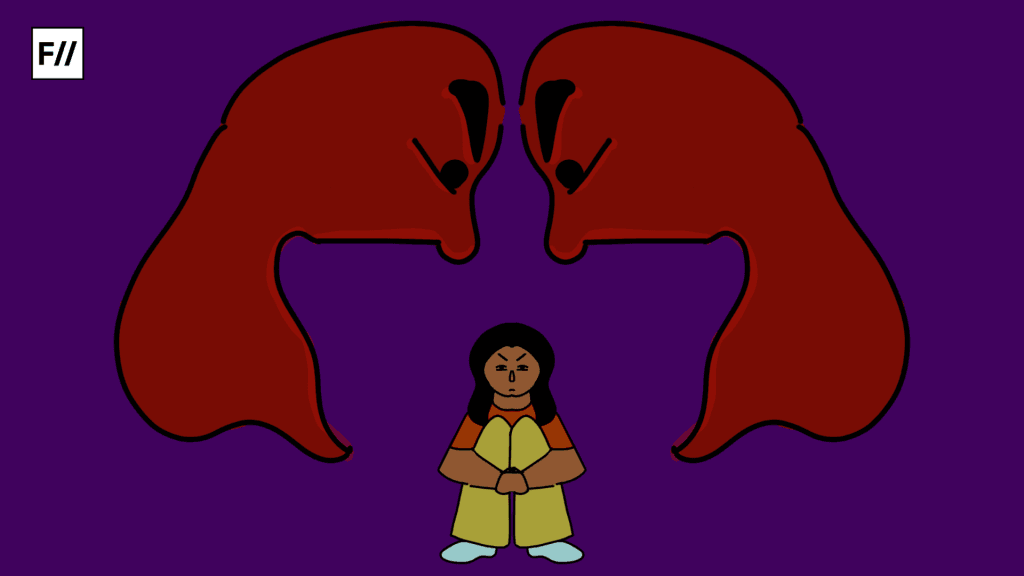
It is for this reason that understanding those differences is vital to help women with PCOS overcome all those barriers that are associated with being a woman as well as the PCOS disease in the society that most often regards them as the same disease.
PCOS stigma
The above cultural prejudices go to the extent of displaying women with PCOS as unattractive hence they receive little or no attention from men. Since women are choosable resources, they are primarily desirable and assessable in aesthetic/fertility terms. These pathological states include obesity, excessive body hair and such causing feelings of shame and inadequacy in the S/s. Similar to previous studies, Samardzic et al. (2021) noted that most young women with PCOS felt that they were deviant and struggled to bring their experiences into an acceptable cultural norm associated with women.
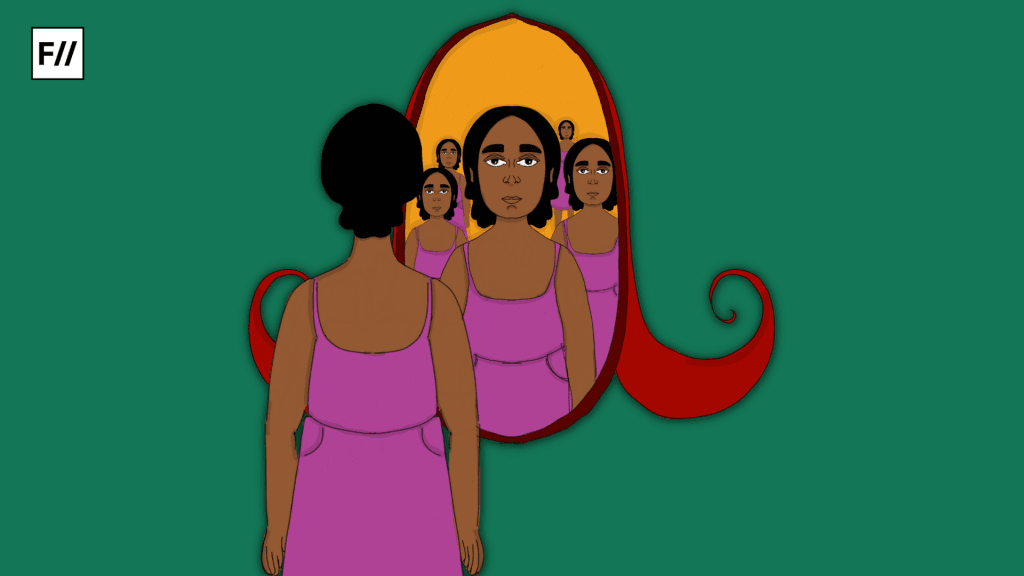
“I didn’t feel normal; I didn’t feel very womanly,” one participant recollected explaining the inner turmoil many women go through especially when they dealing with symptoms that are not synonymous with being women.
Thus mental illness is a phenomenon that is not only ignored socially including the common people but also medically. A large number of women indicate that, during their interactions with physicians and other healthcare professionals, their complaints have been regarded as unimportant or explained as a result of stress or being overweight or have been just ignored.
Societal perceptions: how women think vs. how society thinks
They put such expectations on women with PCOS and end up forcing themselves to accept that they are victims of PCOS. They can easily be compelled into believing that a thin physique and flawless skin are ideal forms especially when such has to be endured through weight gains or acne.
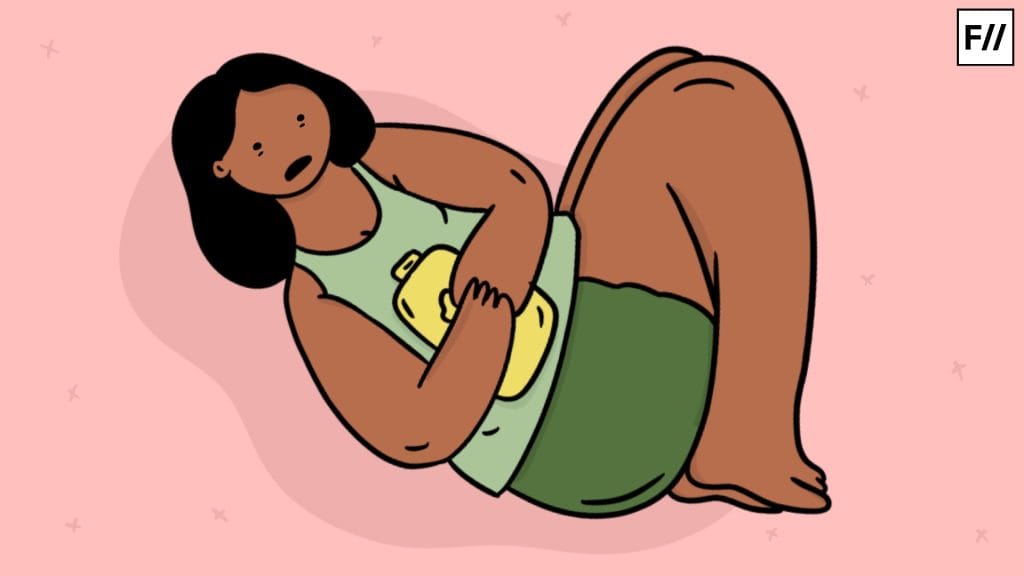
Male value has always been measured with patriarchal standards focusing on the ability of the male to impregnate a woman, female value on the other hand has been measured with the ability of the female to reproduce and also look attractive. Many women with the condition have trouble with conception, which makes the fear of infertility rather justified among them. The reason why this has been approved is because most cultures and traditions have branded womanhood as fertility and consequently, motherhood.
“If I cannot have children, then I cannot find a husband as well,” one of the participants said, stressing the native culture that women are supposed to produce children.
The invisible struggle: overcoming misconceptions about PCOS
On a larger scale, it is also equally worth acknowledging that many such women face a number of these, relatively undisclosed yet, truly difficult patterns, such as anxiety or depression among others.
The symptoms experienced by the women diagnosed with PCOS are social constructions because societies and cultures are insecure about womanhood and reproductive systems. Women have posited about how challenging this stigmatisation has been, especially by coming out to talk—about such situations, stating that in the process of reclaiming themselves, they also end up educating people. These narratives posit that silence must be broken to reshape the paradoxical perceptions.
Addressing the cure: treatment options for PCOS
As much as there are no PCOS cures available, several remedies can be applied when it comes to this disease. Some are virtually usable and they are diet and exercise, hormonal contraception for regulating menses, and insulin sensitivity for controlling insulin resistance.
Feminist scholars have asserted that treatment should be broader in perspective and not only concerned with the health of the client. Some women with PCOS compared to those who do not have the condition have been found to have a higher prevalence of anxiety and depression. Therefore, there is a need to include management of patients’ mental health issues as part of the care they need to receive.
Removing stigma: a collective responsibility :
Stigma elimination also poses greater demands where every citizen needs to assume personal responsibility as well as perform duties that belong to everyone and nobody. Therefore, from the above information, there is light on some PCOS myths that knowledge plays an important role. It can also change its perception by creating awareness to the people of how many are affected by this condition, and that it means something for women.
Feminism as a form of campaigning has been useful, especially in the quest for the health rights of women. It also entails becoming vociferous for the increased acknowledgement of research on these aspects including the cause and the incidence rate of this condition and the effect on the health of the female.
The other way is to bring together women so that they are able to sit down and talk about some of the things they went through without having to worry that someone will reprimand them. Social networks, blogs or forums have made it possible for women to share or report problems they face in their day-to-day lives because of PCOS.
A call for change
What is at stake here is not simply the health problem; it is a fight for women’s bodily emancipation from prejudice regarding their appearance and their desire to meet certain physical requirements. As stated, the prejudice associated with this condition can be done away with by encouraging the acknowledgement and celebration of women’s histories.
Therefore, the major areas that require attention and can help in this fight are education, advocacy, and community engagement. The more women come forward and refuse to conform to certain standards imposed on them, the more people start realising that women are humans too – any woman is a person no matter what kind of person she is.
The personal stories of women overcoming the stigma of PCOS reveal a common thread: recovery using education, resource mobilisation and lobbying. Thus, the experiences which these women reveal not only help them become empowered but also call for society to challenge the misconceptions regarding PCOS. These are their stories of saying that despite the world having walls that one has to climb, there is hope and strength in trying to make a change in society for people with this disorder.
Therefore, the battle against the PCOS stigma is still very much a multifaceted process that requires medication and social change. It is high time for society to recognise the fact that each woman is unique and that should push for diverse appearances among women.
Thus, by fighting for oneself, demanding doctors consider the presence of both physical and mental disorders equally vital to warrant a treatment for both, we contribute to the construction of a new more tolerant vision of femininity where women with their bodies and souls intact are welcome.
About the author(s)
Ainee Ilyas is a writer and researcher with a strong foundation in law and human rights, specializing in the intersections of gender, social justice, and public policy. Passionate about feminist thought, her work amplifies marginalized voices and challenges conventional narratives. With experience in editorial writing, policy analysis, and rights-based research.



